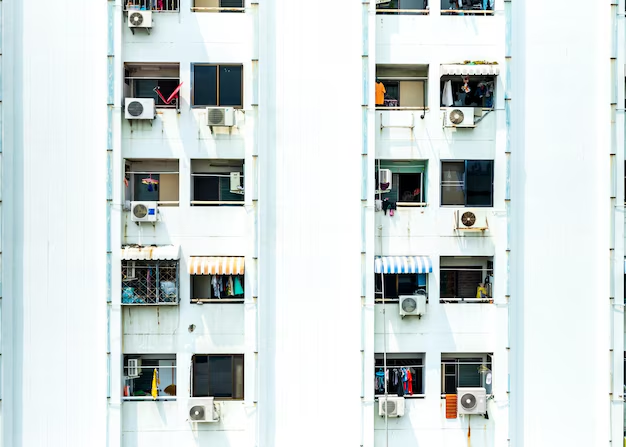What Does It Really Cost to Power Your Apartment Every Month?
Imagine moving into your dream apartment only to receive an electric bill that stops you in your tracks. For many, understanding the monthly electricity cost of apartment living can feel like decoding a complex puzzle. Luckily, we’ve broken it down to offer insights that won’t leave you puzzled.
Unpacking Average Costs
Average electricity bills for apartments in the United States typically range from $70 to $150 per month. However, this can fluctuate based on several factors: the size of your apartment, your geographical location, local utility rates, and personal energy consumption habits.
Consider a few points that influence these costs:
- Apartment Size: Smaller apartments, such as studios or one-bedroom units, naturally consume less energy as they have fewer appliances and less space to heat or cool.
- Geographical Location: In warmer climates, the need for air conditioning can significantly raise costs, as can electric heating in colder regions.
- Utility Rate Variations: Utility providers charge varying rates across the country, impacting your monthly spending.
Strategies to Cut Costs
Reducing your electricity bill in an apartment doesn’t require moving mountains—just mindful adjustments:
- Use Energy-Efficient Appliances: Look for Energy Star-rated appliances that use less electricity, saving you money in the long run.
- Smart Thermostat Installation: These programmable devices optimize heating and cooling systems based on your schedule and preferences.
- Mindful Usage Habits: Simple actions, like unplugging electronics when not in use or turning off lights, can prevent electricity wastage.
When Bills Become Burdensome
Sometimes, despite best efforts, electricity bills become overwhelming. Knowing where to turn can make a significant difference.
Navigating Financial Assistance
Government Aid Programs can provide relief in financial duress, ensuring your lights stay on:
- Low Income Home Energy Assistance Program (LIHEAP): This federally funded program helps low-income households with energy costs, particularly in emergencies.
- State-Specific Assistance: Many states offer utility assistance programs to support residents. Check local resources to see what’s available in your area.
Debt and Budget Solutions
For those caught behind on bills:
- Budget Billing Plans: Many utility companies offer budget billing plans to help residents manage monthly expenses by averaging annual electricity costs.
- Credit Card Solutions: In dire times, a low-interest credit card may bridge the gap. However, it’s crucial to consider repayment plans to avoid accumulating debt.
Broader Educational Opportunities
Expanding your understanding of energy efficiency can lead to profound savings over time.
- Workshops and Seminars: Many communities and utility companies host free educational sessions about energy conservation.
- Online Courses: Numerous platforms offer courses on sustainable living, teaching practical tips to reduce energy usage.
Finishing Thoughts
Understanding electricity costs not only pertains to paying bills but also encompasses broader financial literacy and planning. This knowledge not only helps in managing day-to-day expenses but also empowers informed decision-making in utilizing available resources.
🚀 Financial Assistance and Opportunities Checklist:
- 🌐 LIHEAP – Federal energy assistance for low-income families
- 🏠 State Utility Programs – Local options for utility bill relief
- 💳 Budget Billing Plans – Average out your annual electric charges
- 📚 Energy Efficiency Workshops – Learn to cut energy costs sustainably
- 💡 Online Sustainability Courses – Broaden your knowledge on living green
Empower yourself with the knowledge to manage your electricity costs effectively, and you’ll find those bills easier to handle every month.

